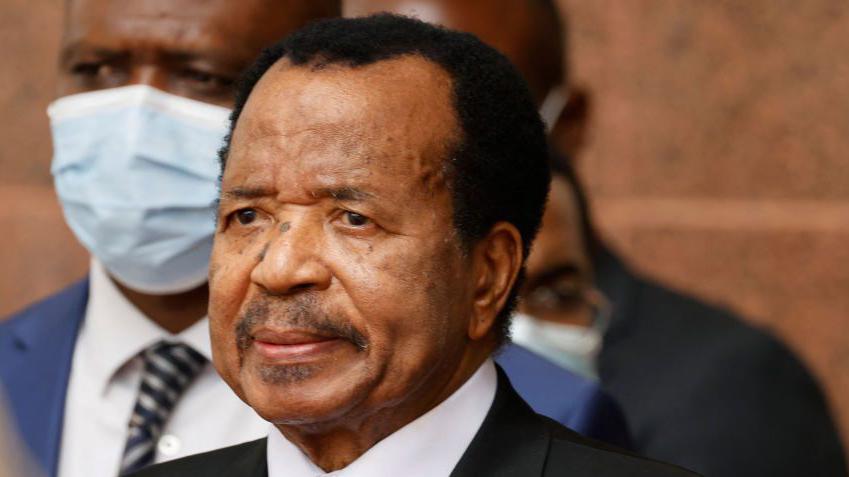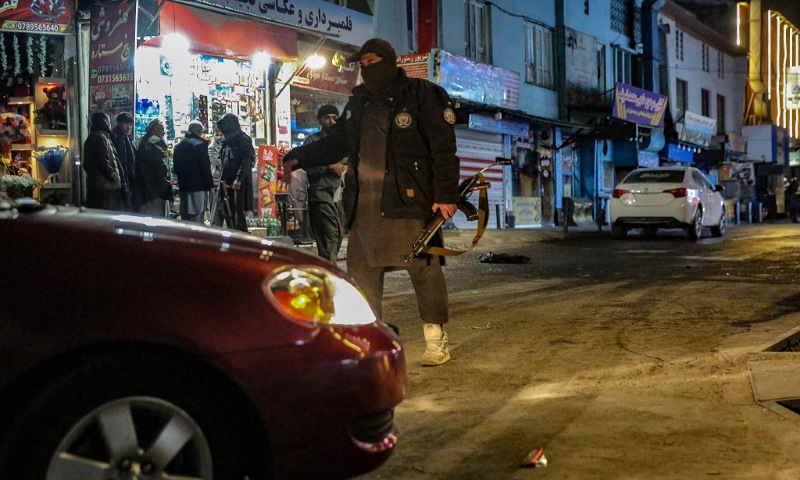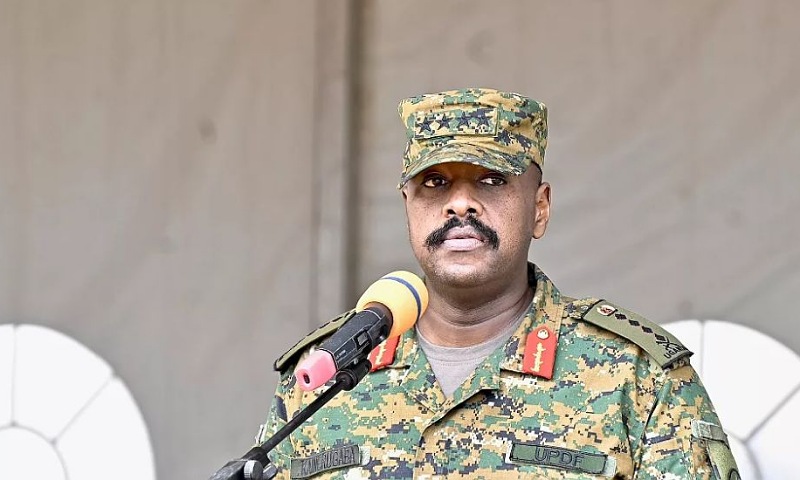Cameroonians went to the polls for a presidential election that could extend Paul Biya’s rule to an unprecedented eighth term. Biya, aged 92 and already the world’s oldest head of state, has held power since 1982. Many observers expect him to win again, given his dominance of state resources and a fragmented opposition.
More than 8 million registered voters are spread across over 31,000 polling stations. The vote uses a single-round system where whoever gets the most votes wins.
Biya’s Dominance and Opposition Obstacles
Biya abolished presidential term limits in 2008, removing a structural barrier to his ongoing re-election.
The opposition faces major hurdles. Maurice Kamto, a leading figure in past contests, has been barred from the ballot by the Constitutional Council.
One challenger drawing attention is Issa Tchiroma Bakary, a former government spokesperson. He defected earlier this year and is campaigning on themes of accountability and change.
Still, analysts suggest that without a united front, the opposition will struggle to overcome Biya’s entrenched system.
Key Issues in the Campaign
Economic hardship sits at the heart of voters’ concerns. Many Cameroonians, especially youth, face unemployment, limited opportunities, and rising costs.
Security challenges plague the country. The anglophone regions in the west are still embroiled in a long-running separatist crisis, and the far north contends with jihadist threats. Displacement and instability continue in these zones.
Health speculation surrounds Biya. His frequent absence abroad, rumors about his capacity to govern, and limited public appearances have fueled doubts.
Interestingly, his daughter Brenda Biya broke ranks before the vote by posting a TikTok video calling on citizens not to vote for him, saying he has caused suffering. Though she later recanted, the video circulated widely.
What it means
If Biya wins, he will remain one of Africa’s longest-serving leaders. His electorate’s choices will either signal continued status quo or a public push for change.
A credible, strong opposition challenge offers a chance for political renewal, but only if parties overcome fragmentation.
The fairness and transparency of the election process itself will draw scrutiny. The exclusion of key opposition figures raises questions about the openness of the electoral field.
International observers will be watching whether results truly reflect the people’s will or reinforce control by the ruling party.
Conclusion
Cameroon’s 2025 election puts a spotlight on power, continuity, and generational tension. At 92, Biya remains a formidable figure with deep hold over institutions, but public frustration and calls for change are louder than ever. Whether this vote will alter the course of Cameroonian politics or simply reaffirm the status quo will define the country’s next chapter.
Bonus Read: Mutharika Sworn In as Malawi president at Age 85




https://shorturl.fm/0pM0w